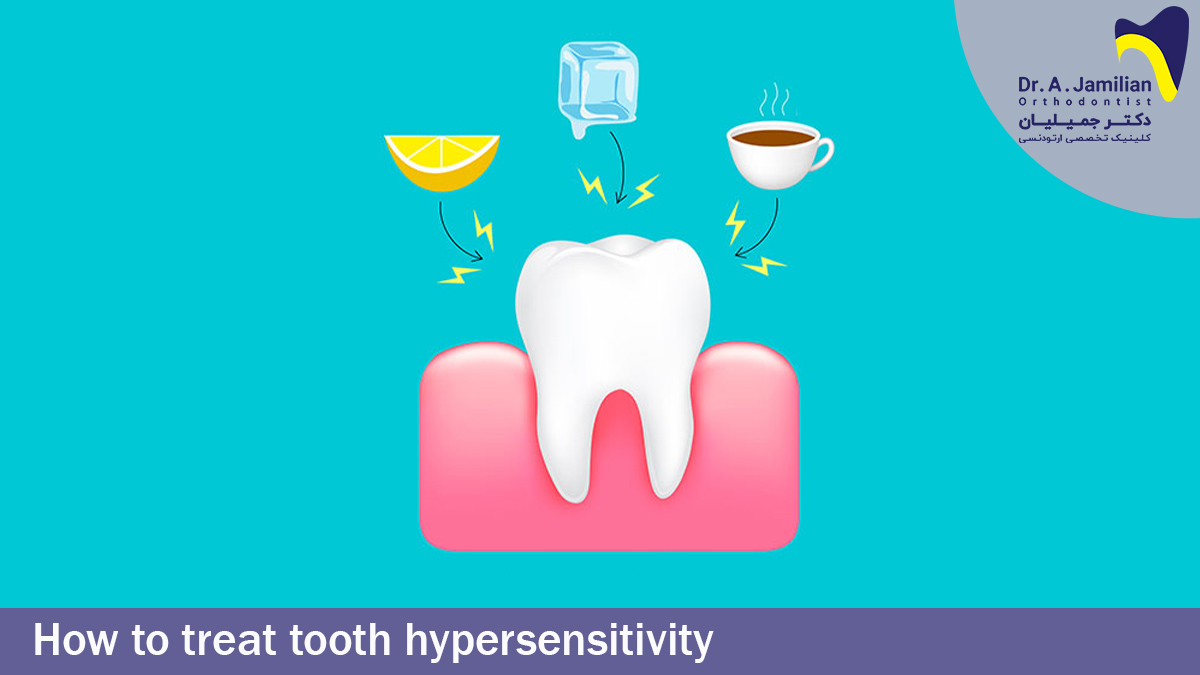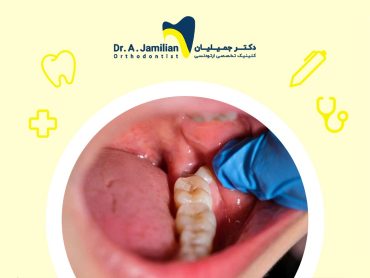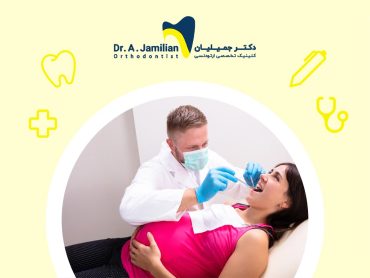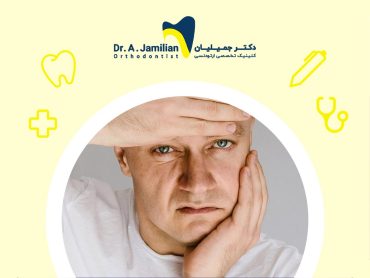Nothing beats a hot cup of tea in the morning or an ice-cold glass of water on a hot day, well, as long as there is no toothache after the first .sip. The toothache in this case rests solely on tooth hypersensitivity. Below we’ll discuss about it
Which factors cause tooth hypersensitivity?
All teeth are made of dentin, which is a tissue covered with enamel. If the enamel is destroyed or decayed and the dentin becomes exposed, the tooth will become painful.
Gingival recession caused by vigorous and incorrect tooth brushing can expose the enamel. The other factors that cause hypersensitivity include tooth fracture, bruxism, acidic foods, and others.
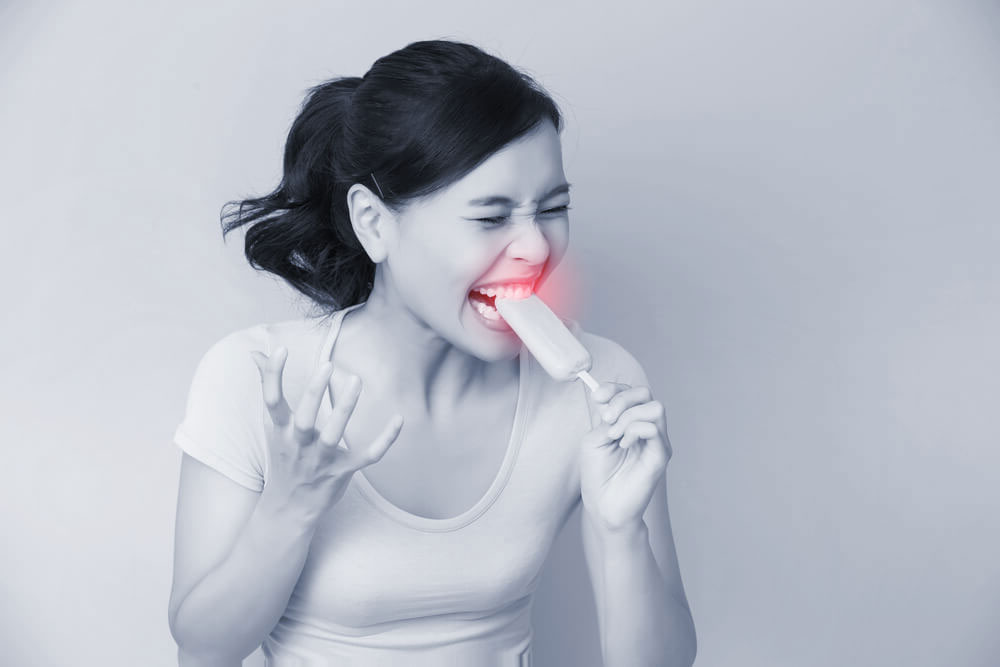
Preventing Enamel Damage and Hypersensitivity
Tooth enamel damages are irrevocable and irreversible, and can only be prevented.
The best suggestions for dental and oral hygiene and preventing hypersensitivity are as follows:
- Use toothbrushes with soft bristles and don’t brush vigorously. Try to brush your teeth correctly.
- Reduce your consumption of acidic foods and drinks or avoid them altogether, and if you are unable to, always rinse your mouth with water after having food and wait at least half an hour before brushing.
- Make sure to avoid gnashing of teeth or grinding them with excessive force. You can use a mouthguard while sleeping.
- Make sure to visit a dental specialist every six months.
No matter how careful we are, one or several of our teeth become hypersensitive. In this case, the best course of action would be to refer to a dental specialist. Otherwise, thankfully, there is a variety of special toothpastes at your disposal. These toothpastes work towards preventing hypersensitivity and pain. As well as fluoride gel which strengthens the enamel and reduces hypersensitivity.
Treatment of Tooth Sensitivity
If you are suffering from sensitive teeth, you had better see your dentist. A dentist can identify one of the following factors which lead to your toothache. Depending on the environmental conditions, your dentist may recommend:
A Pain Relief Toothpaste for Sensitive Teeth: After using this toothpaste several times, the pain related to sensitive teeth vanishes. There is a variety of this toothpaste in drugstores. Ask your dentist which toothpaste is more effective for you.
Fluoride: Your dentist may use fluoride for the sensitive parts of your teeth in order to relieve the pain and strengthen your tooth enamel. They may prescribe different kinds of fluoride for home use so that you take it at regular intervals.
Using Anesthetic Dressings: Sometimes unprotected roots can be treated by putting dressings on the surface of those roots’ sensitive parts. Doing this procedure may require local anesthesia.
Gum Implant Surgery: If the root of your tooth has lost its gum tissue, some can be removed from another part and be implanted to the part that has been sensitive due to gum recession. This method can treat the unprotected roots and reduce the sensitivity.
A Root Canal: If your tooth sensitivity leads to extreme and unbearable pain and other treatments do not work, the dentist will definitely recommend a root canal as a way which is used to treat the problems related to tooth nerves. This method is often presumed as the most successful technique to get rid of tooth sensitivity.
In order to prevent the aggravation of tooth sensitivity, patient’s should brush their teeth with a soft toothbrush with fluoride toothpaste twice a day, and clean between them with dental floss. Along with that, instead of rubbing them harshly, use gentle strokes and avoid using an abrasive toothpaste. If you abrade your teeth, ask your dentist for a protector. The abrasion of teeth may go to the level of breaking them and cause sensitivity.
You should be careful when eating and drinking acid beverages like carbonated soft drinks. All these drinks can gradually erode the enamel of your teeth. With acidictic drinks, use a straw in order to reduce the contact with your teeth. To follow up, drinking water after eating or drinking acid substances is useful because it can regulate the acid level in your mouth.
Frequent Asked Questions About How to Treat Tooth Hypersensitivity
1-Can heavy brushing cause tooth hypersensitivity?
Yes. Rough brush or brushing hard can lead to tooth hypersensitivity. Over time, this can also cause the enamel to disappear.
2-What is tooth sensitivity?
Beneath the protective enamel coating is a highly spongy layer called dentin. Thousands of microscopic tubules pass through the dentin. When dentin is exposed to the oral environment, the nerves inside the dentin can become sensitive to stimuli such as cold food or drink, causing severe pain.
3-How can we soothe sensitive teeth?
Brushing with sensitive toothpaste such as Sensodyne helps soothe the sensitive teeth. Taking it twice a day can help prevent allergies from returning. Another tip is to avoid brushing too hard and use a soft toothbrush designed for sensitive teeth. It may surprise some, but with sensitive teeth being common, there are a variety of tools you may use. Ranging from once again the soft toothbrush designed for this, special toothpastes, and additional tools. With good dental care and regular visits to the dentist, you can prevent diseases such as gum problems, tooth decay and gingival resorption against conditions that cause allergies.
4-What causes sensitive teeth?
Sensitive teeth can be caused by gingival resorption, loss of enamel, or damage to teeth and gums. Temporary allergies may be caused by the use of chemicals or the use of bleach at home.
5-Is tooth sensitivity a common dental problem?
Yes, Sensitive teeth may affect young people as a result of changes in modern lifestyles, eating habits, and dental allergies. Thus it may start to begin at any age. Additionally, as a society we’ve increased our consumption of more acidic foods, drinks, and snacks throughout the day. All of them are factors towards developing sensitive teeth.
6-Is tooth sensitivity a sign of a serious dental problem?
Tooth sensitivity may be a sign and indicate a major problem that requires prompt care by a dentist. See your dentist for advice as soon as possible.
7-Does teeth whitening cause tooth hypersensitivity?
Bleaching causes oxygen to be deposited on the enamel and the color of the teeth becomes lighter. Tooth sensitivity may develop to some extent following teeth whitening procedures.
